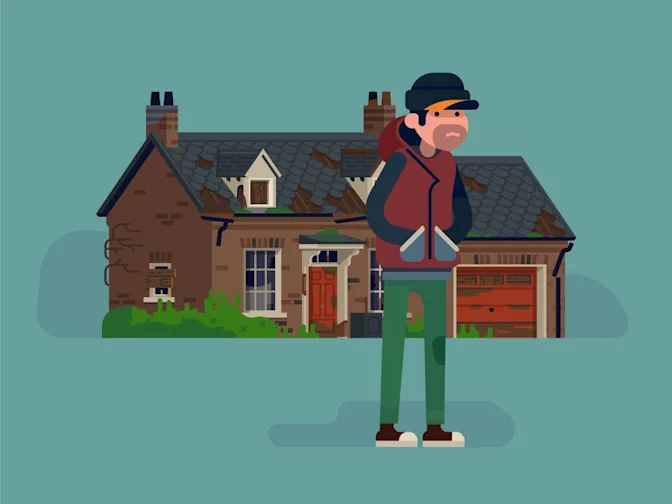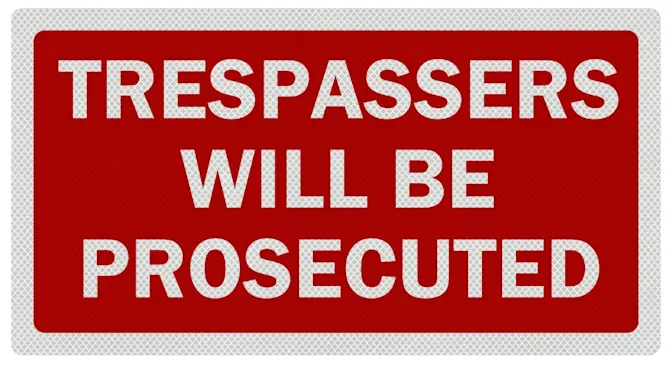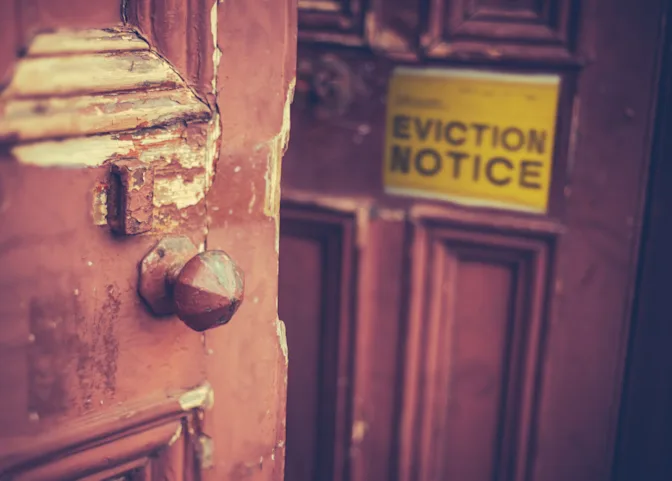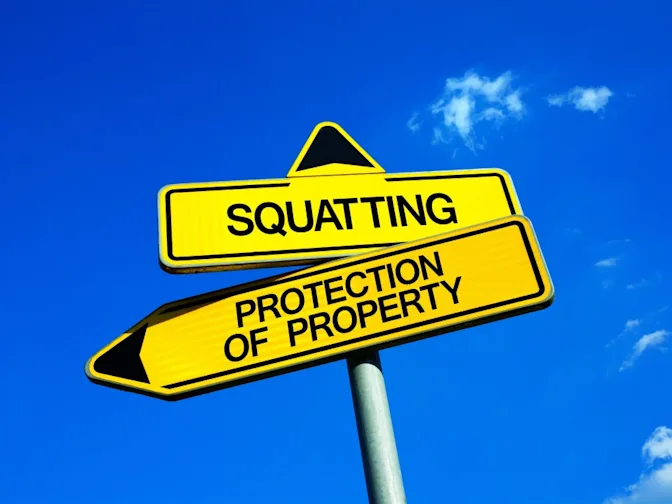
Can Squatters Really Own Your Property?
What is squatting? While it may seem like straightforward trespassing, squatters can sometimes gain legal protections, referred to as "squatters' rights" or adverse possession. Here's a closer look at what squatting is, why squatters have rights, and how property owners can handle these situations.
What Is Squatting?

Squatting is when an individual occupies land or a building without permission from the property owner. Unlike trespassing, squatting is long-term and often includes an intention to live in or claim ownership of the property. Squatters tend to target vacant or abandoned properties, making them more difficult to detect. While squatting begins as trespassing, if the squatter stays for an extended period, they might establish a legal claim to the property.
What Are Squatters' Rights?
Squatters' rights, also known as adverse possession, enable someone to potentially gain legal ownership of property they occupy without the owner's permission. The requirements to claim adverse possession vary by state, but typically, a squatter must:
1. Occupy the property openly: Their use must be noticeable to others.
2. Exclusive possession: They must be the only ones using the property.
3. Hostile occupation: They do not have the owner's consent.
4. Continuous possession: They must live there for a set amount of time (anywhere from five to over 20 years depending on the state).
5. If these conditions are met and the owner doesn't take legal action, the squatter can file for legal ownership.
Why Squatters Have Rights
The concept of squatting rights comes from the idea that land should be used productively. Historically, courts have sided with those who take over neglected property if the owner fails to assert their claim. Additionally, squatters' rights discourage property owners from using violence to remove individuals, ensuring disputes are resolved through legal means.
The Difference From Trespassing

While both squatting and trespassing involve unauthorized use of property, the key difference is intention. Trespassing is generally short-term and doesn't imply any intention to live on the property. Squatters, however, stay with the purpose of claiming residency or ownership, often for long periods, which can lead to legal claims of adverse possession.
How to Remove Squatters

Property owners cannot use force to remove squatters. Instead, they must follow a legal process:
1. Contact Law Enforcement: The police can file a report but typically won't evict the squatter immediately.
2. File an Unlawful Detainer Action: This legal action leads to a formal eviction notice, served by law enforcement.
3. Attend an Eviction Hearing: If the squatter fails to appear in court, the judge will usually rule in the owner's favor, allowing for a forced eviction.
After the squatter is removed, owners must handle any belongings left behind according to state laws.
How Property Owners Can Protect Themselves

To avoid squatters, property owners should:
- Regularly inspect their properties, especially if vacant.
- Secure the property with locks and install security measures.
- Continue paying property taxes, as squatters might pay taxes to strengthen their claims.
While squatting might seem like a straightforward case of trespassing, it's a legally complex issue. Property owners must be vigilant to prevent squatters from taking over their property. Knowing the legal process to remove squatters and understanding squatters' rights is essential for protecting property from unwanted occupants.
References: What are Squatters' Rights? | Squatters Rights 101: What Are Squatters Rights?























